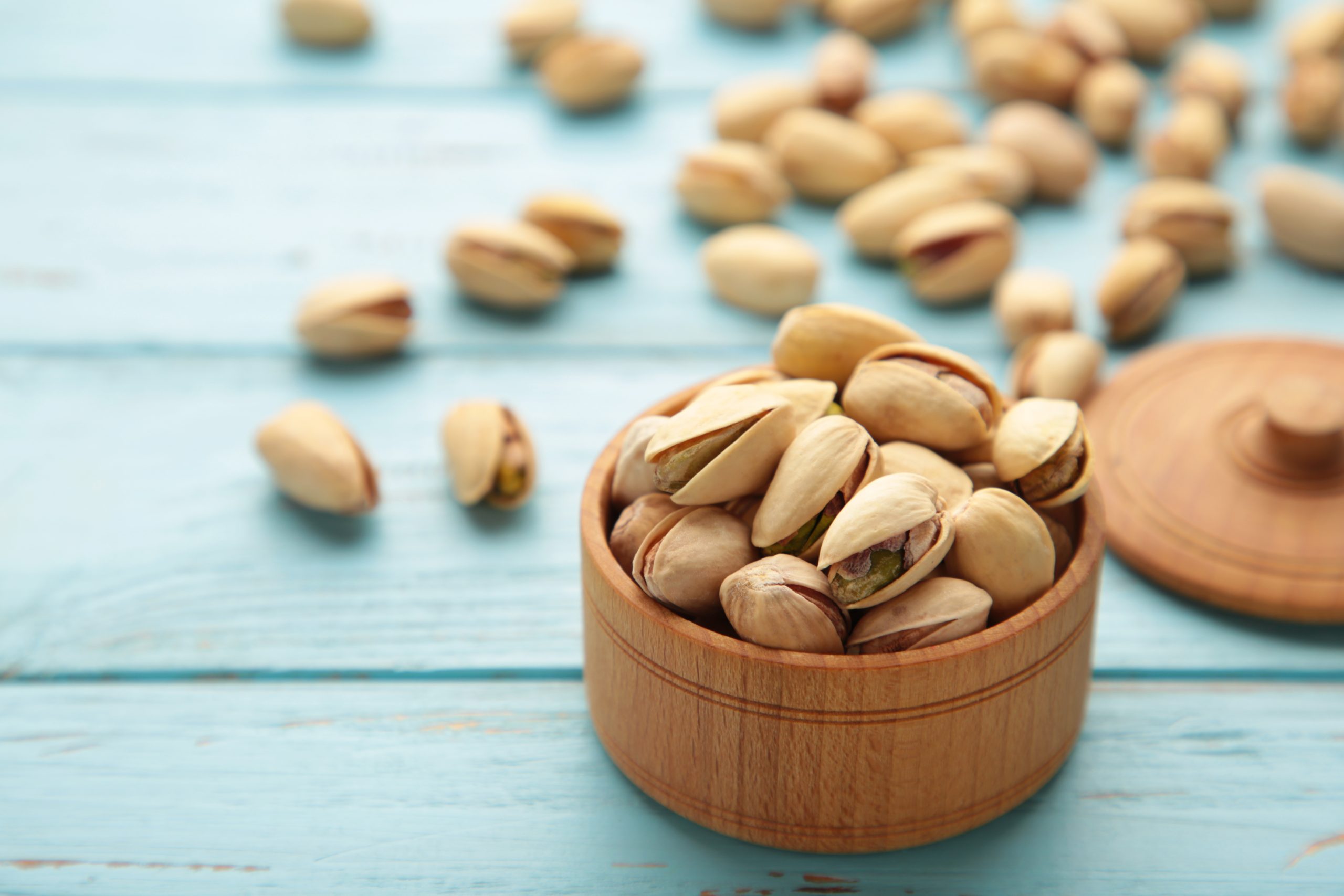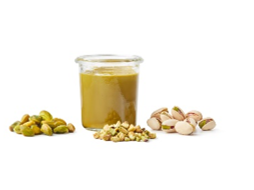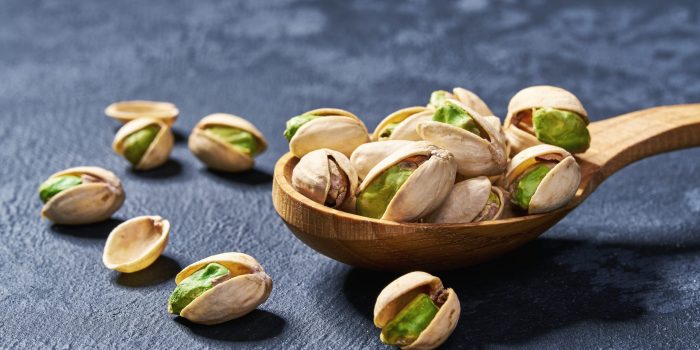Are your blood sugar levels on your mind? The journey to maintaining optimal levels is a crucial aspect of overall well-being. Uncontrolled levels may pave the way to type 2 diabetes and its unwelcome companions kidney, retinal, and cardiovascular diseases[1]. But fear not, for we have a delightful and nutritious solution that might just be your new favorite snack: pistachios!
Pistachios and Their Role in Diabetes
Pistachios aren’t just a tasty treat; they’re a nutritional powerhouse. They are rich in monounsaturated fat, fiber, thiamine, vitamin B6, and essential minerals such as potassium and phosphorus[5,6]. Pistachios also serve as an excellent source of protein, riboflavin, vitamins A, E, and K, as well as essential minerals like iron, magnesium, zinc, and selenium[3,4]. Incorporating a handful of pistachios into your breakfast or morning snack is an easy way to infuse your body with the nutrients it needs for the day ahead.
The Power of Pistachios

A Diabetes-Friendly Snack: Studies suggest that pistachios play a significant role in lowering glucose and insulin levels, making them a potential ally in managing blood sugar levels[2]. Recent research even highlights their positive impact on women with gestational diabetes, aiding in effective blood sugar control[3]. For those with well-controlled type 2 diabetes, adding pistachios to their diet may lead to improvements in various cardiometabolic risk factors[4].
Facts & Figures

Originating from West-Central Asia, pistachios boast a history that spans an impressive 780,000 years, as evidenced by archaeological finds at Gesher Benot Ya’aqov[7]. These nuts, revered by the Queen of Sheba as a symbol of happiness, have been cherished in Syria since 10,000 B.C.
Today, major pistachio-producing countries include the USA, Iran, Turkey, Syria, and Afghanistan. Pistachios are commonly marketed in their in-shell form, often roasted and salted, though they can also be purchased unshelled.
Discover more facts about pistachios here.
Incorporating pistachios into your daily diet isn’t just about enjoying a delicious and satisfying snack. It’s a wellness choice that provides a myriad of nutrients beneficial for overall health. With their potential to contribute to blood sugar control, pistachios emerge as a wholesome option for those seeking a tasty and nutritious way to support their well-being. So, the next time you’re in search of a snack, reach for a handful of pistachios and savor the goodness they bring to your health. Discover the sweet secret to healthy blood sugar with pistachios!
Find out more about the power of pistachios here.
[1] Diabetes.co.uk
[2] Kendall, C. W. C., Josse, A. R., Esfahani, A., & Jenkins, D. J. A. (2011). The impact of pistachio intake alone or in combination with high-carbohydrate foods on post-prandial glycemia. European journal of clinical nutrition, 65(6), 696.
[3] Assaf-Balut C, García de la Torre N, Durán A, Fuentes M, Bordiú E, del Valle L, et al. (2017) A
Mediterranean diet with additional extra virgin olive oil and pistachios reduce the incidence of gestational diabetes mellitus (GDM): A randomized controlled trial: The St. Carlos GDM prevention study. PLoS ONE 12(10): e0185873.
[4] Sauder, K. A., McCrea, C. E., Ulbrecht, J. S., Kris-Etherton, P. M., & West, S. G. (2015). Effects of pistachios on the lipid/lipoprotein profile, glycemic control, inflammation, and endothelial function in type 2 diabetes: A randomized trial. Metabolism, 64(11), 1521-1529.
[5] U.S. Department of Agriculture, Agricultural Research Service. FoodData Central, 2019. fdc.nal.usda.gov. [6] Regulation (EC) No 1924/2006 of the European Parliament and of the Council of 20 December 2006 on nutrition and health claims made on foods.[7] Goren-Inbar, N., Feibel, C. S., Verosub, K. L., Melamed, Y., Kislev, M. E., Tchernov, E., & Saragusti, I. (2000). Pleistocene milestones on the out-of-Africa corridor at Gesher Benot Ya’aqov, Israel. Science, 289(5481), 944-947.










